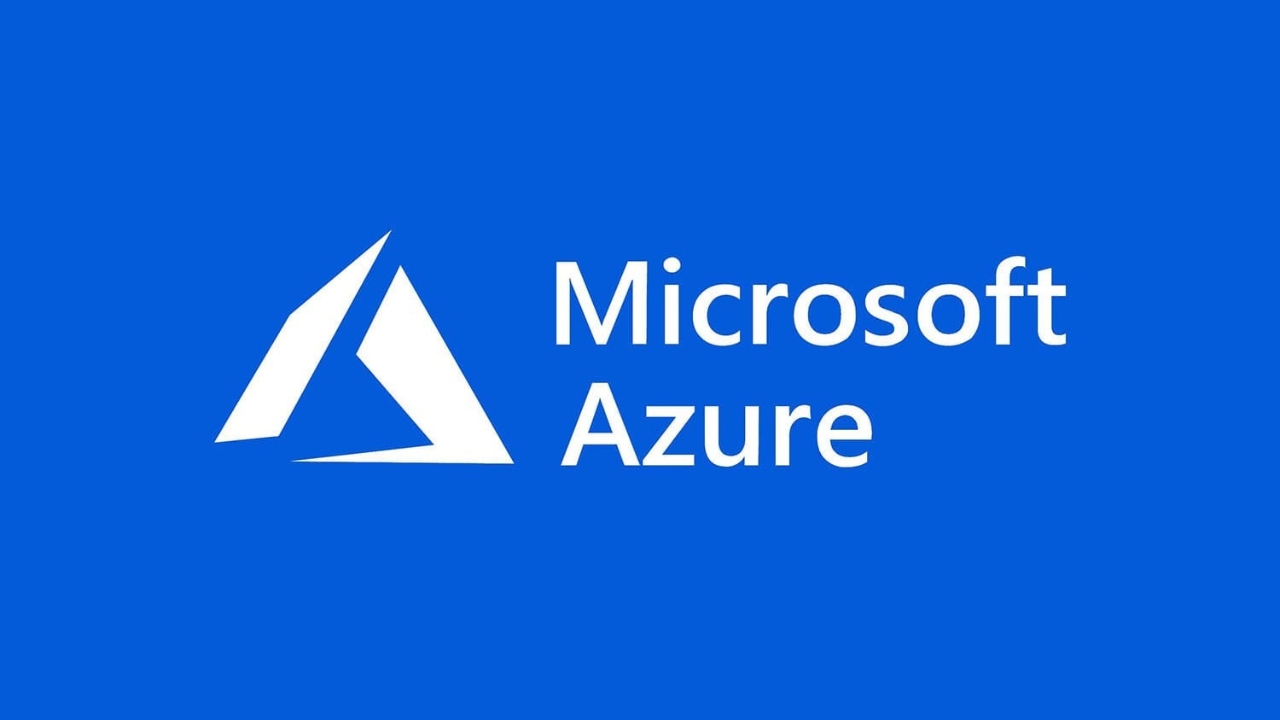In the ever-evolving world of technology, cloud computing has become the backbone of businesses, startups, and enterprises. Among the cloud service providers, Microsoft Azure stands out as one of the most powerful and widely used platforms. But what makes Azure so popular? How does it work, and why do so many businesses and individuals prefer it over others? This blog answers all your burning questions about Microsoft Azure and reveals why it’s leading the cloud revolution.
What is Microsoft Azure Based On?
Microsoft Azure is a cloud computing platform built on a vast network of Microsoft-managed data centers. It provides a mix of Infrastructure-as-a-Service (IaaS), Platform-as-a-Service (PaaS), and Software-as-a-Service (SaaS) solutions, making it a one-stop solution for businesses looking to scale, innovate, and secure their digital operations.
Azure is based on virtualization technology, where servers are divided into virtual machines (VMs) that can be dynamically allocated resources. It runs on a global infrastructure, ensuring reliability, speed, and security. Additionally, Azure is heavily integrated with Microsoft’s ecosystem, including Windows Server, Active Directory, and SQL Server, which makes it a preferred choice for businesses that already rely on Microsoft products.
How Does Microsoft Azure Work?
Microsoft Azure works as a cloud platform that offers over 200 services, including computing power, storage, networking, AI, and analytics. Here’s a simple breakdown of how it functions:
- Virtualization – Azure uses hypervisor technology to create and manage virtual machines, which are then allocated to users as needed.
- Resource Management – Through Azure Resource Manager (ARM), users can manage their cloud resources, deploy applications, and automate processes with templates.
- Scalability – Azure provides auto-scaling options, meaning businesses can scale up or down based on demand without worrying about infrastructure limitations.
- Security and Compliance – With built-in security features like Azure Security Center, threat detection, and compliance tools, businesses can ensure their data remains safe.
- Integration and Development – Azure supports various development environments like .NET, Java, Python, and Kubernetes, making it ideal for developers building cloud-based applications.
How Fast Does Microsoft Azure Work?
Speed is one of Azure’s strongest advantages. With over 60 data center regions worldwide, Microsoft ensures low-latency performance by hosting applications closer to users. The speed of Azure depends on multiple factors, including:
- Data Center Locations – The closer your data is hosted to your users, the faster it performs.
- Bandwidth and Networking – Azure provides high-speed networking options like ExpressRoute, which offers speeds up to 100 Gbps.
- Compute Power – With top-tier virtual machines and serverless computing options, Azure ensures applications run efficiently and quickly.
- Edge Computing – Azure’s edge services further enhance speed by processing data closer to the user, reducing delays.
Overall, Azure’s infrastructure is designed to provide seamless and high-speed cloud computing solutions, making it one of the fastest platforms in the industry.
When Was Microsoft Azure Released?
Microsoft Azure was officially launched on February 1, 2010. Initially known as Windows Azure, it was rebranded as Microsoft Azure in 2014 to reflect its broader scope beyond just Windows-based services. Since its release, Azure has grown significantly, offering new services, expanding its data centers, and becoming one of the top cloud providers globally.
How Much Does Microsoft Azure Cost, and Is There a Free Version?
Azure follows a pay-as-you-go pricing model, meaning users only pay for the resources they use. The cost varies based on:
- Virtual Machines – Starts from a few cents per hour to thousands per month, depending on configuration.
- Storage – Priced per GB, with options like SSD and HDD storage.
- Data Transfer – Charges depend on outbound data transfers.
- Additional Services – AI, machine learning, database, and security services come with separate costs.
Is There a Free Version?
Yes! Microsoft Azure offers a free tier with services that remain free forever and a $200 credit for new users to explore paid services for 30 days. The free services include:
- 750 hours of virtual machines (B1s size) per month
- 5 GB of blob storage
- 250 GB SQL Database storage
- AI and machine learning services
- App services for hosting web applications
This makes it an excellent option for startups, students, and businesses experimenting with cloud solutions.
Why Do People Like Microsoft Azure the Most?
Microsoft Azure’s popularity stems from multiple benefits:
- Global Reach – With data centers in over 140 countries, Azure ensures worldwide accessibility.
- Security & Compliance – Azure is one of the most secure cloud platforms, with advanced encryption, identity management, and regulatory compliance.
- Seamless Integration – Azure works smoothly with Microsoft tools like Office 365, Windows Server, and Dynamics 365.
- AI & Machine Learning Capabilities – Businesses can leverage built-in AI and analytics for data-driven decision-making.
- Hybrid Cloud Support – Azure offers hybrid solutions, allowing companies to integrate their on-premises infrastructure with the cloud.
- Cost-Effective Scaling – The pay-as-you-go model ensures businesses only pay for what they use.
Who Uses Microsoft Azure the Most?
Azure is used by a wide range of industries and professionals, including:
- Enterprises – Companies like Adobe, LinkedIn, and Samsung use Azure for global operations.
- Developers & IT Professionals – Azure provides powerful development tools and cloud solutions.
- Startups & Small Businesses – Affordable pricing and scalable options make it ideal for growing businesses.
- Government & Healthcare – High-security standards make Azure suitable for sensitive industries.
- Educational Institutions – Universities and researchers utilize Azure for AI, data science, and computing.
Microsoft Azure is one of the most powerful cloud platforms available today. Its robust infrastructure, extensive service offerings, top-notch security, and cost-effectiveness make it a favorite among businesses and developers worldwide. Whether you’re a small startup, a growing enterprise, or an IT professional looking for a reliable cloud platform, Azure provides all the tools you need to succeed.
If you haven’t explored Azure yet, now is the time to leverage its free tier and discover why it’s taking over the cloud computing industry!






Leave a Comment